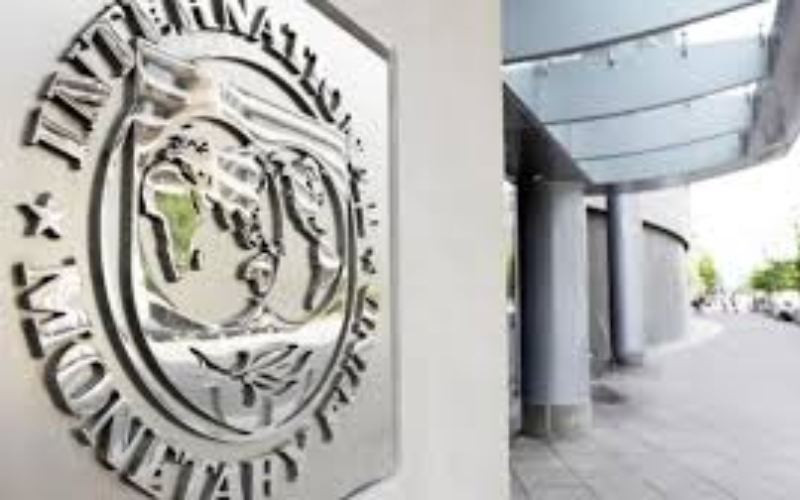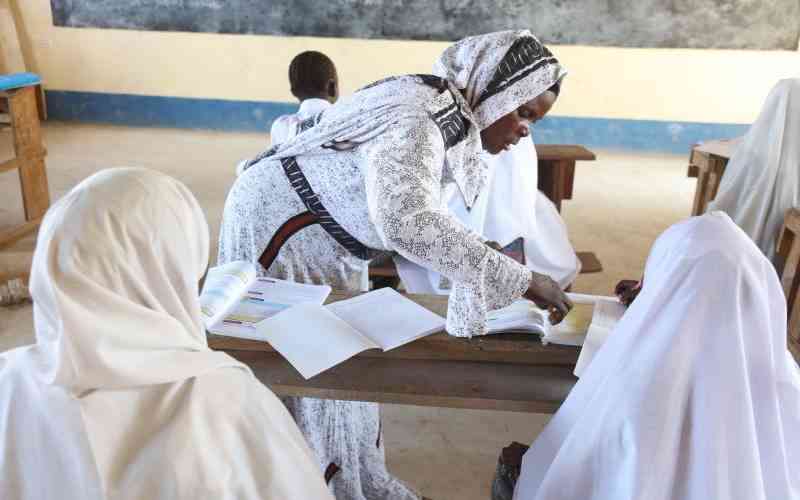The International Monetary Fund (IMF) has underscored the need for provision of education for all and narrowing gender inequality as critical tools that can empower societies and eliminate global poverty.
Managing Director Christine Lagarde argued that education is a uniquely powerful agent of empowerment and in a world of stark inequality, she appealed to governments to make education accessible to all a priority.
“In more unequal societies, too many people lack the basic tools to get ahead and this can create a vicious cycle, whereby economic insecurity causes people to invest too little in skills and education,” she stated.
Education, she said, is an approach that judges people’s advantage by their capability to do the things they value besides presenting the opportunity of giving a person the means to live well.
However, she regretted that Sub Saharan Africa is one of the regions in the world where inequality is a stumbling block.
“Though the region is making phenomenal economic progress, the momentum is held back by inequality,” she said at the Amartya Sen lecture in London last week.
Lagarde called on countries to rethink on policies like boosting spending on health, education, active labour market policies, and in-work benefits.
She warned: “Fundamentally, there are no shortcuts to a vibrant economy – it must be built from the bottom up, from the empowerment of every single individual.” Lagarde paraphrased the Bank of England’s Andrew Haldane who once put it that “being poor taxes the mind every bit as much as the wallet”.
The end result, she said is that excessive inequality can hinder individual empowerment and hinders sustainable economic growth.
Women’s earnings
On gender inequality, she regretted that globally, women earn only three-quarters as much as men, even with the same job and same education. “They are underrepresented in the formal sector and overrepresented in the informal sector.
They spend twice as much time on household chores as men – and four times as much on childcare,” she noted.
Besides, women make up 70 per cent of the billion people living on less than a dollar a day, and are the first to be submerged by economic crisis. Lagarde also decried the fact that women are also locked out of leadership positions, where gender seems to matter more than qualifications, adding that, “When they do reach the top, they are more likely to be fired.”
The bottom line is that women are underutilised, underpaid, under-appreciated – and overexploited.
“This needs to change not only as a matter of justice, but also a matter of basic economics,” she stated.
Stay informed. Subscribe to our newsletter
“What does this mean in practice? It means focusing on education, ownership rights, and employment opportunities outside the home,” she added.
 The Standard Group Plc is a
multi-media organization with investments in media platforms spanning newspaper
print operations, television, radio broadcasting, digital and online services. The
Standard Group is recognized as a leading multi-media house in Kenya with a key
influence in matters of national and international interest.
The Standard Group Plc is a
multi-media organization with investments in media platforms spanning newspaper
print operations, television, radio broadcasting, digital and online services. The
Standard Group is recognized as a leading multi-media house in Kenya with a key
influence in matters of national and international interest.
 The Standard Group Plc is a
multi-media organization with investments in media platforms spanning newspaper
print operations, television, radio broadcasting, digital and online services. The
Standard Group is recognized as a leading multi-media house in Kenya with a key
influence in matters of national and international interest.
The Standard Group Plc is a
multi-media organization with investments in media platforms spanning newspaper
print operations, television, radio broadcasting, digital and online services. The
Standard Group is recognized as a leading multi-media house in Kenya with a key
influence in matters of national and international interest.








